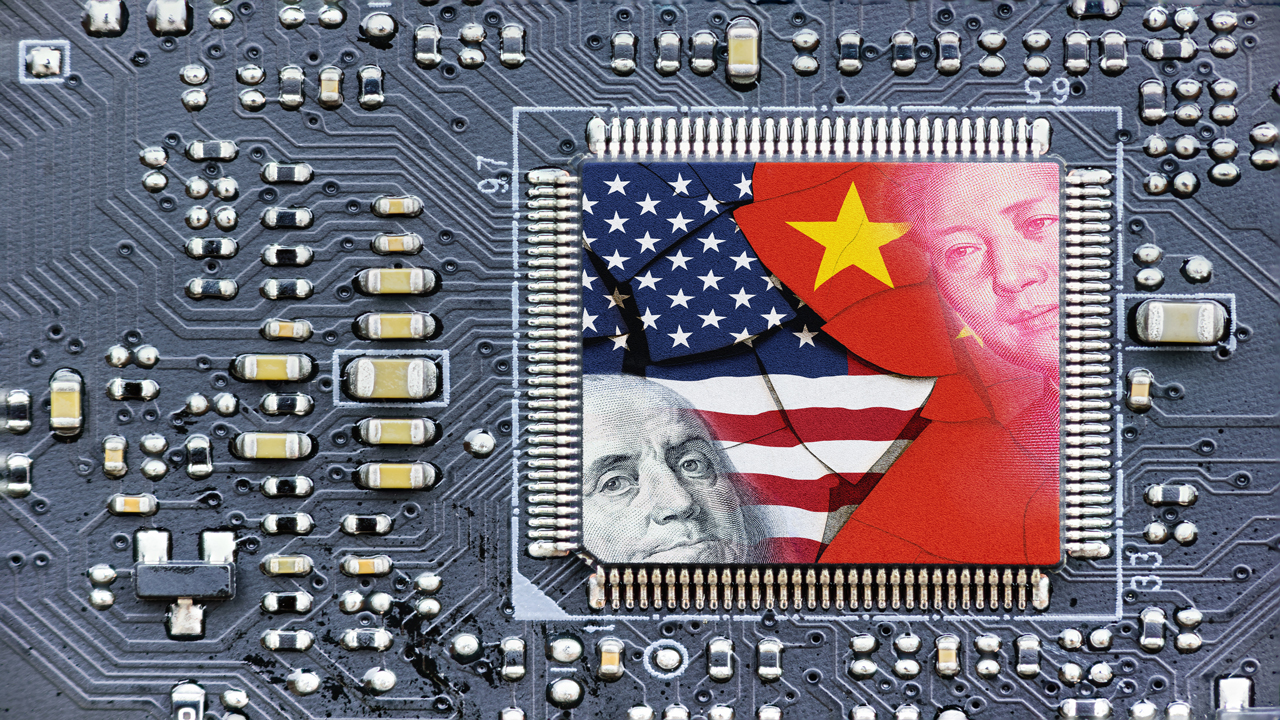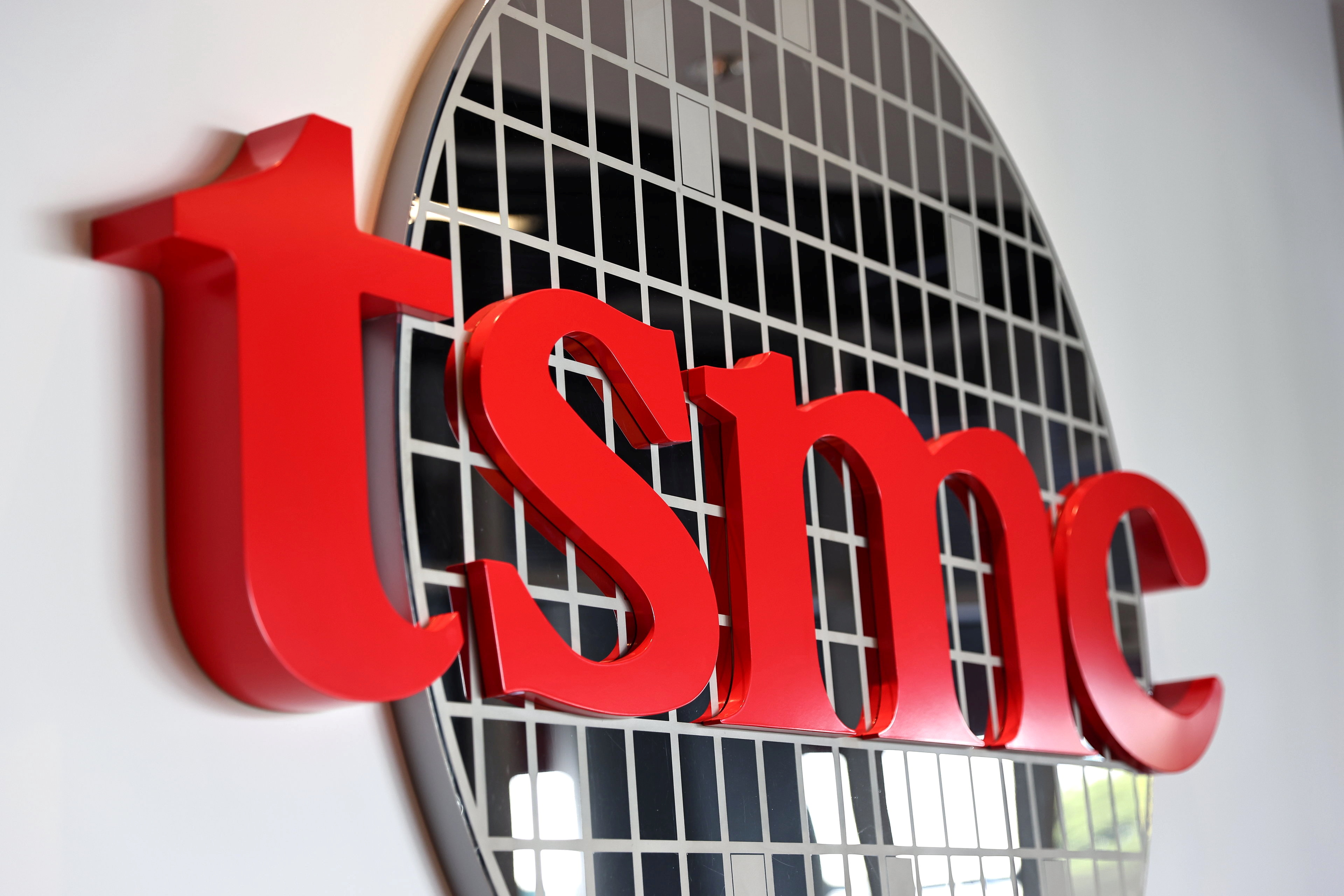Semiconductors in the Crosshairs: How Geopolitical Influences are Shaping the Future of Chip Technology
Semiconductors are the building blocks of modern technology, powering everything from smartphones to self-driving cars. But as the world becomes increasingly dependent on these tiny chips, the industry is facing growing pressure from geopolitical forces that threaten to disrupt the global supply chain.
One of the biggest challenges facing the semiconductor industry is the ongoing trade war between the United States and China. As the two largest economies in the world, their actions have far-reaching implications for the rest of the world. The Trump administration's tariffs on Chinese goods have made it more expensive for American companies to do business with China, and many have been forced to move their operations to other countries.
 |
| semiconductor war credit istockphoto.com |
This has had a ripple effect on the semiconductor industry, as many companies rely on Chinese manufacturers for components and production. The tariffs have made it more expensive for these companies to do business, and they are now looking for alternative sources of supply.
Another major issue is the growing tensions between the United States and other countries, particularly those in Asia. The Trump administration's "America First" policies have led to a decline in trust between the US and many of its traditional allies, and some countries are now looking to diversify their supply chains to reduce their dependence on the US.
 |
| credit Getty image |
This is particularly true for countries like South Korea and Taiwan, which are significant producers of semiconductors. They are now looking to other countries, such as China and Europe, to secure their supply of chips.
 |
| TSMC has been the world's dedicated semiconductor foundry since 1987 credit Reuters |
The geopolitical situation is also impacting the research and development of new chip technology. Many of the most advanced chip-making facilities are located in the United States and Europe, and as countries look to reduce their dependence on these regions, they are also looking to invest in their own research and development capabilities.
This leads to increased industry competition, as countries race to develop the next generation of semiconductors. It also means that companies will have to adapt to a more fragmented market, as they will have to navigate a complex web of regulations and tariffs in order to do business in different countries.
Despite these challenges, the semiconductor industry is expected to continue growing in the coming years. The increasing demand for new technologies, such as artificial intelligence and the internet of things, is driving the need for more advanced chips.
| AI semiconductor holds the future of the semiconductor industry credit mediask.co.kr |
However, companies will have to navigate the geopolitical landscape in order to secure their supply of chips and access new markets. This will require a new approach to doing business, as companies will have to be more agile and flexible in order to adapt to the changing political climate.
In conclusion, the geopolitical situation is shaping the future of chip technology in many ways. The trade war between the US and China, the tensions between the US and other countries, and the competition for new technology developments are all influencing the industry. Companies need to be aware of these influences and adapt their strategies accordingly to navigate this complex landscape and secure their future in the market.
Special Note: If anyone is interested in more information about Semiconductor War and also the geopolitical tension between USA and China please watch the video on youtube. (Credits go to Jhonny Harris).
Comments
Post a Comment